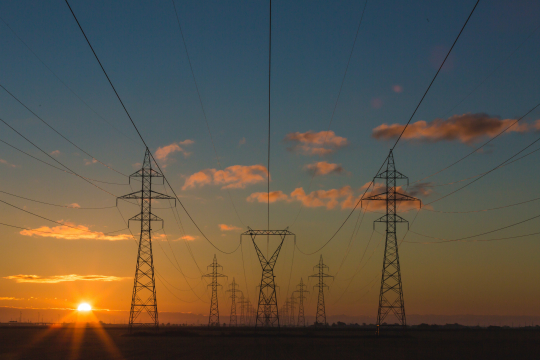This study examines the factors affecting household energy expenditures in Ghana. We employ the
double-hurdle model to investigate whether the factors affecting fuel choice differ from those affecting
fuel expenditures. The following results are obtained using a nationwide representative household dataset.
First, we show that the factors influencing the household’s decision to participate in either the LPG or
charcoal market differ from those influencing how much is spent. Second, households that already use
and, therefore spend money to acquire LPG or charcoal are indifferent to prices of other fuels. At the same
time, households using and spending positive amounts on multiple cooking fuels (charcoal and LPG) are
insensitive to the prices of other fuels. Third, although income plays a role in rural and urban residents’
expenditures on LPG, it is insignificant in terms of urban residents’ spending on charcoal. These findings
suggest that different programs and policies may be necessary for (1) households that already use modern
cooking fuels and those that do not and (2) households in urban and rural areas.
EfD Authors
Country
Sustainable Development Goals
Publication reference
Adusah-Poku, F., & Takeuchi, K. (2019). Household energy expenditure in Ghana: A double-hurdle model approach. World Development, 117, 266–277. https://doi.org/10.1016/j.worlddev.2019.01.018

